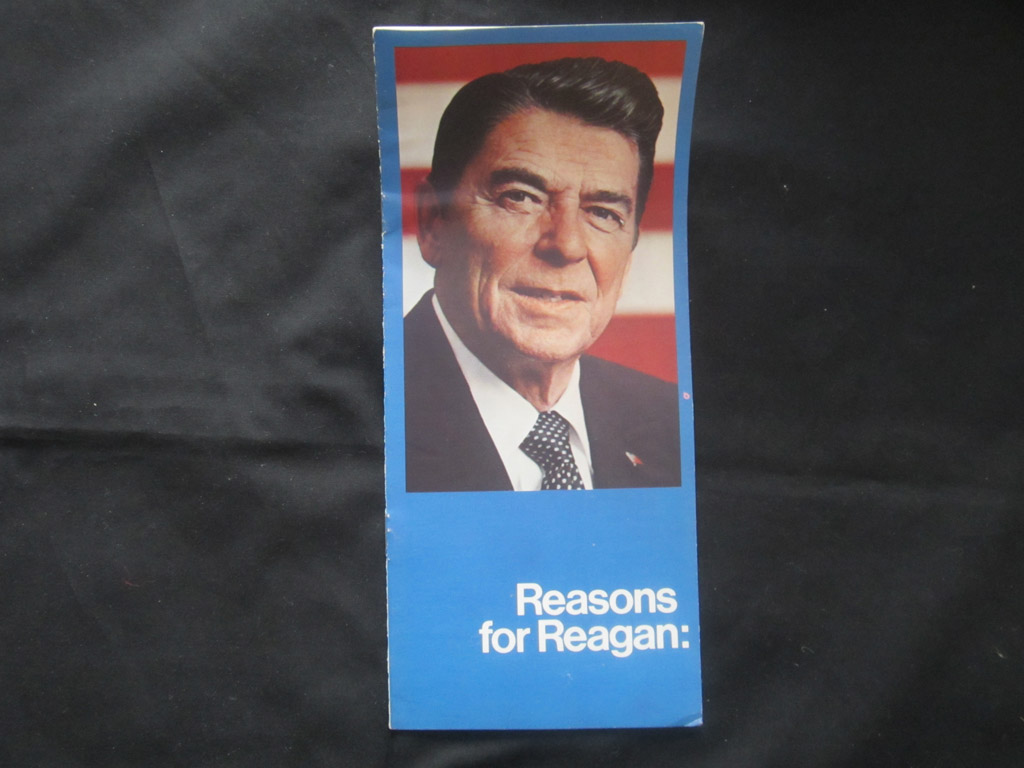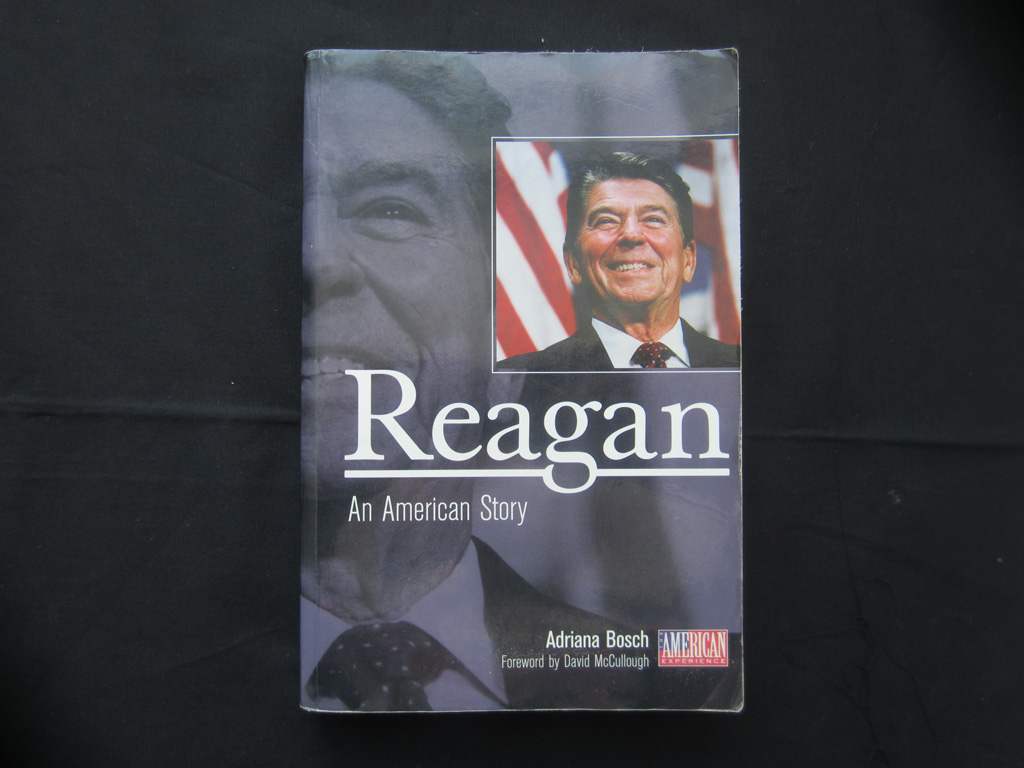
For this week’s blog, I think I have another fun topic. I will be looking at Presidents that faced serious challenges to their party’s presidential nomination from within their party. This only happened three times in the twentieth century. Sorry John Ashbrooke in 1972 against Richard Nixon, but, I don’t consider your challenge serious. Same with Pat Buchanan’s challenge of George H. W. Bush in 1992. And, sorry Eugene McCarthy in 1968, but, Lyndon Johnson dropped out, before your challenge could be considered serious. William Taft had Teddy Roosevelt. Gerald Ford had Ronald Reagan. Jimmy Carter had Ted Kennedy.
Teddy Roosevelt decided not to see another term as president in 1908. His hand picked successor was William Taft. Taft won the election of 1908. Roosevelt’s expectation was that Taft would carry on the policies that he has espoused. After 4 years, Roosevelt was not happy with the record that Taft had built for himself. He chose to challenge him for he Republican party presidential nomination that year. Taft held onto the nomination. This wasn’t good enough for Roosevelt, so, he decided to run as a third party candidate. In the end, Taft lost the presidency to Woodrow Wilson, finishing third behind both Wilson and Roosevelt. The challenge hurt him. The entry of a third party candidate killed him.
Gerald Ford had never gone through a primary. He had never been vetted for national office by the public, his party or the media. He was vetted by the Nixon administration and by congress. He became Vice-President after the resignation of Spiro Agnew. He became President after the resignation of Richard Nixon. In 1976, he decided that he would seek a full mandate under his own name. For Gerald Ford items CLICK HERE! However, someone else wanted the job. Former California Governor decided that he was better suited to lead the United States of America through those difficult times. Early on, Ford won primary after primary. The Reagan campaign seemed over before a race really began. Suddenly, Reagan started winning primaries. The two candidates would disagree over key policy points. Going into the convention, the two were neck and neck. After the votes were counted, they remained close, but, Ford prevailed. However, Reagan would have more followers than ever before. The battle cost Ford. In the end, the debate he was forced to engage in probably cost him the presidency (that, and the Nixon pardon).
Jimmy Carter won a hard fought battle for his party’s presidential nomination in 1976. He emerged stronger for the fight and won the presidency against a weakened Gerald Ford. His presidency saw, as he put it, a malaise over the nation. The economy was sluggish. Oil prices were rising, when it was available. The Soviets invaded Afghanistan and Iran took American Embassy staff hostage. Many a crises rose. Most beyond his direct control. He could do little but watch. For Jimmy Carter items CLICK HERE! Enter a candidate with the most famous name in the Democratic party. Ted Kennedy would challenge Cater for his party’s presidential nomination. Kennedy called for even more government intervention. Kennedy spoke to the fears of the nation and the party. For Ted Kennedy items CLICK HERE!Carter ultimately won the race for the nomination, but not before feeling Kennedy’s sting. He was badly weakened going into the general election. He lost the presidency to Ronald Reagan.
In each instance, the major challenge cost the person their job. In the case of the latter two, Reagan and Kennedy, the challengers based the opposition on appealing to their party’s base; Reagan from the right, Kennedy from left. The lessons have not been lost. How often do we hear about candidates appealing to their base during primary season only to move to the centre for the general election? Challenges can be healthy and welcome. However, they hurt the incumbent and cost them their jobs.
What do you think? Share your comments below.

